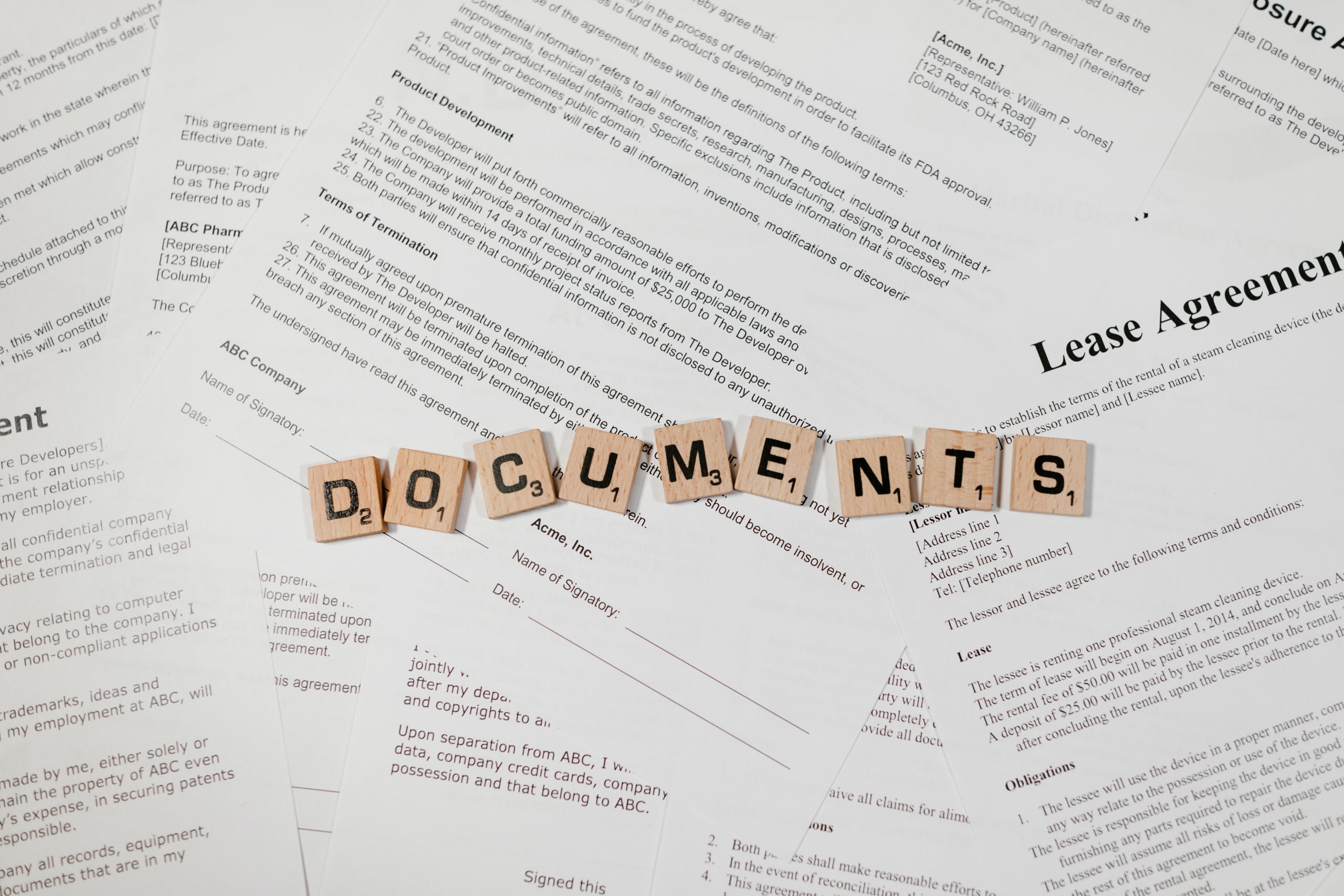Receiving a Request for Initial Evidence or RFIE in your immigration case can be a daunting experience, but it’s important not to panic. This article will provide you with valuable insights and step-by-step instructions to help you navigate the RFIE process and respond properly.
What is a Request for Initial Evidence or RFIE?
A Request for Initial Evidence or RFIE is a notice issued by the United States Citizenship and Immigration Services or USCIS to request additional documentation or information in support of an immigration application. It is a common part of the immigration process and is typically issued when the USCIS determines that there is missing or insufficient evidence to make a decision on the application. The RFIE will specify the documents or information that need to be provided and will include a deadline for submission. It is important to respond to the RFIE in a timely and thorough manner to avoid delays or potential denial of the immigration application.
The Purpose of RFIEs
The purpose of a Request for Initial Evidence or RFIE in immigration cases is to give the USCIS an opportunity to gather additional information or documentation that is necessary to make a decision on an immigration application. The RFIE is typically issued when the USCIS determines that there is missing or insufficient evidence to support the application. By requesting additional evidence, the USCIS aims to ensure that all necessary information is provided and that the application is thoroughly reviewed. It is important to understand that receiving an RFIE does not necessarily mean that the application will be denied, but it does require a timely and thorough response to address the USCIS’s concerns.
How to respond to a RFIE
When responding to a Request for Initial Evidence or RFIE in your immigration case, it is important to approach it with thoroughness. It’s also important to note that soliciting the help of an experienced immigration lawyer goes a long way. Here are some tips on how to respond effectively:
Read the RFIE carefully – Take the time to understand exactly what additional information or documentation is being requested. This will help you gather the necessary materials and provide a comprehensive response.
Create a checklist – Make a list of all the items requested in the RFIE. This will help you stay organized and ensure that you address each requirement.
Gather evidence – Collect all the relevant documents and evidence that support your immigration application. This may include financial records, employment letters, educational certificates, or any other documentation that is applicable to your case.
Provide a detailed explanation – It is important to provide a clear and detailed explanation of how the evidence supports your application. This will help the USCIS understand the relevance and importance of the information you are providing.
Seek professional help – If you are unsure about how to respond to an RFIE or if you feel overwhelmed by the process, consider seeking assistance from an immigration attorney or a reputable immigration service provider. They can guide you through the process and ensure that your response is strong and persuasive.
Respect the deadline – RFIEs typically come with a deadline for response. It is crucial to submit your response before the deadline to avoid any delays or potential denials. Keep track of the deadline and make sure to submit your response in a timely manner.
Remember, the goal of your response to an RFIE is to provide the USCIS with the additional information they need to make an informed decision regarding your case. By following these tips and addressing each point effectively, you can increase your chances of a successful outcome in your immigration case.



